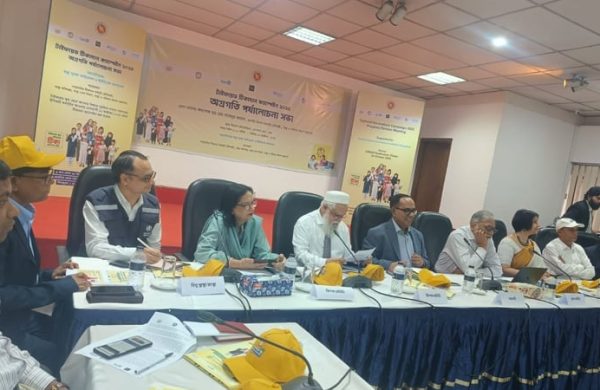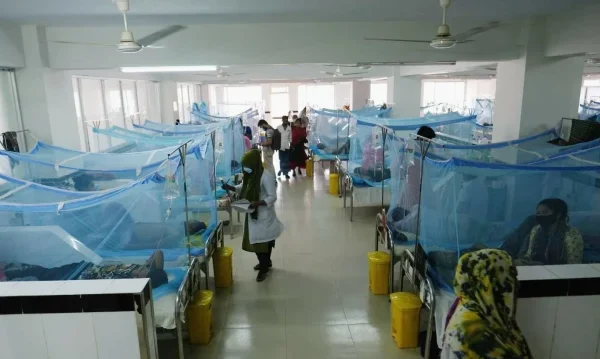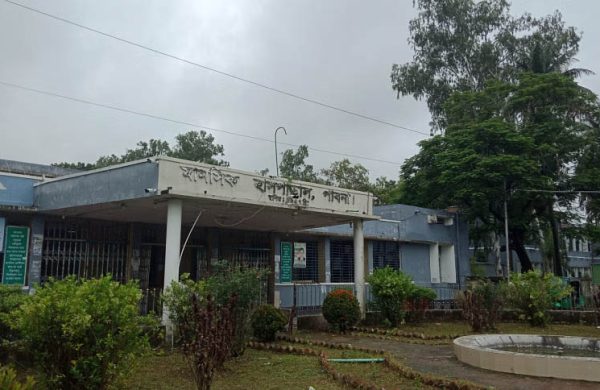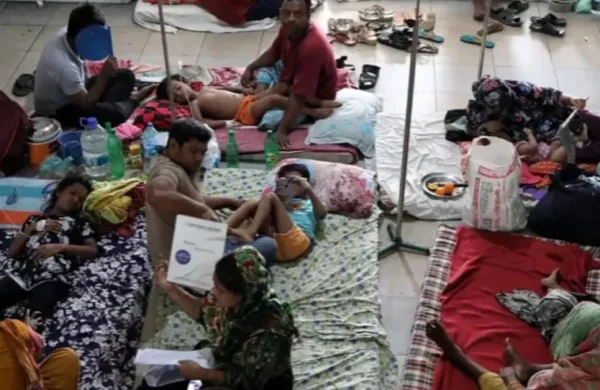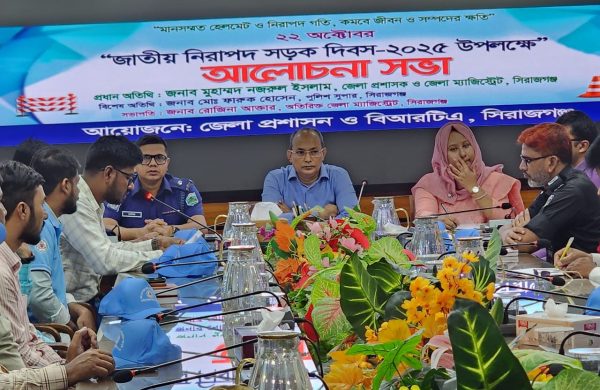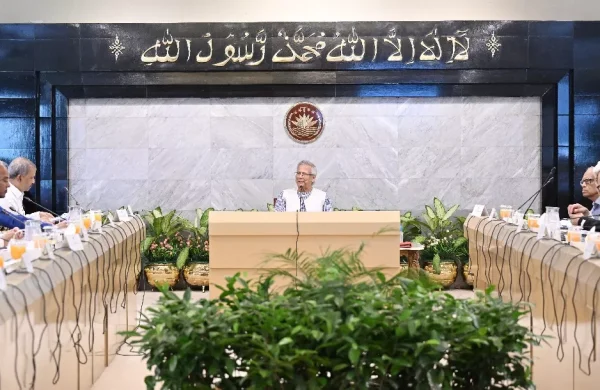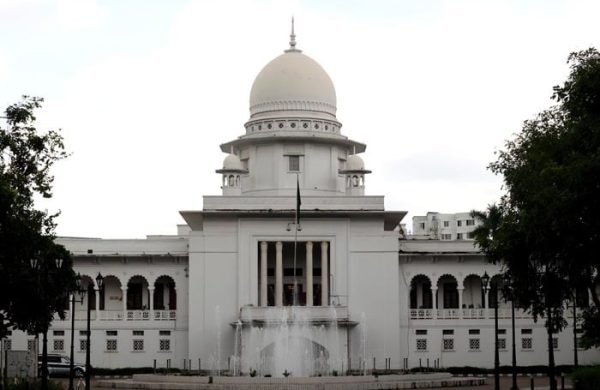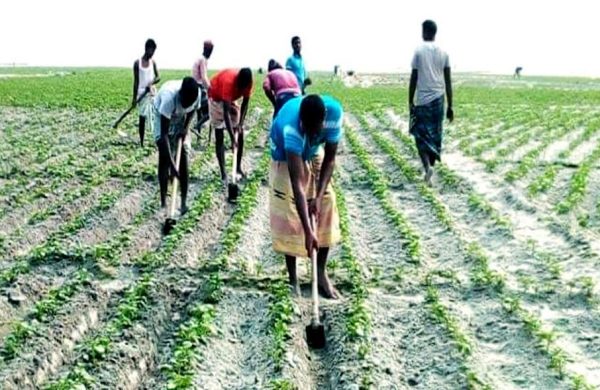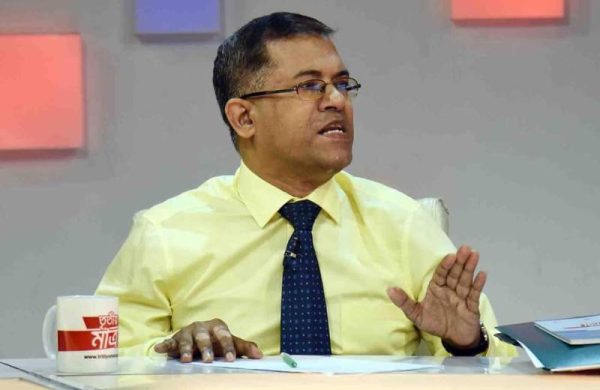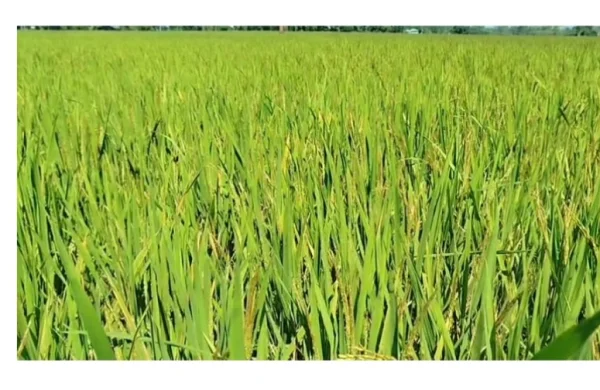How secondhand smoke puts children at severe health risk
- Update Time : Friday, January 24, 2025
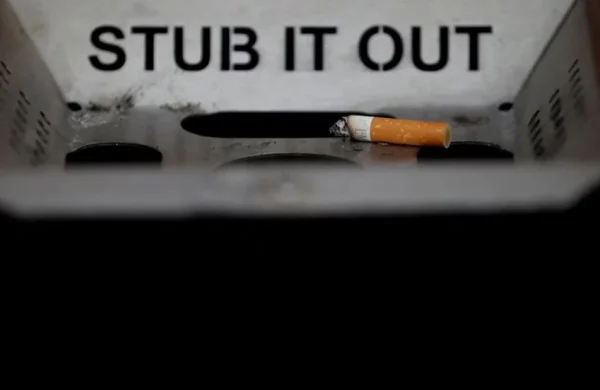
TDS Desk
Smoking a cigarette takes a huge toll on the body. But when children are around, the airborne particles of cigarettes can affect them as much as the smokers themselves.
According to the World Health Organization, secondhand smoke contains around 7,000 chemicals, including 70 carcinogens. The WHO says it increases the risk of a range of harmful health conditions for everyone in the household.
EXPOSURE IN BANGLADESH
A recent study concluded that 92% of children are exposed to secondhand smoke in Dhaka
The study was conducted among 2,769 children in the age range of approximately 9–15 years old in Dhaka and Karachi. Children from 34 schools in densely populated neighbourhoods of Dhaka participated in the study.
The research analyzed cotinine levels, a measure of nicotine exposure, in children’s saliva.
The study says: “While nicotine has a very short half-life, cotinine, its proximate metabolite with a half-life of 17 hours, is detectable even 72 hours after secondhand smoke exposure.”
HEALTH RISKS
Dr Alpana Jahan, assistant professor of neonatology at Dr MR Khan Shishu Hospital and Institute of Child Health, told Dhaka Tribune that secondhand smoke was as harmful as active smoking.
“Children exposed to secondhand smoke are more prone to develop chronic and respiratory diseases such as asthma, pneumonia and other difficulties,” she added.
Alpana advised smoking parents to smoke outdoors and reduce their smoking for the well-being of their children.
According to the United States Centers for Disease Control and Prevention (CDC), passive smoking also contributes to sudden infant death syndrome (SIDS).
LEGAL CHALLENGES
Supreme Court lawyer and researcher Barrister Miti Sanjana said implementing laws was important, adding that if there was exemplary punishment, people would stop smoking in public places.
She remarked that the monetary punishment in the existing tobacco control law was nominal.
The Smoking and Tobacco Products Usage (Control) Act, amended in 2013, puts a fine of Tk300 for smoking in public places.
Miti also said public awareness was a tool to make children safe from secondhand smoke.
PROGGA (Knowledge for Progress) Executive Director ABM Zubair mentioned two ways to reduce secondhand smoke exposure in children: strict enforcement of the law and removal of designated smoking areas in the next amendment of the act.
Zubair called designated smoking areas a legal loophole. “A restaurant with a designated smoking area is not completely smoke-free.”
He remarked that when a child went to a restaurant with a designated smoking area they had a high chance of secondhand smoke exposure.
“We are looking forward to a period where cigarette advertisements will not be shown in public places, no smoking will occur in public places, no single cigarette will be sold and cigarette packets will contain horrific images of the effects of smoking.
“If we can ensure such an environment, children will not get exposed [to secondhand smoke] at all, and, automatically, we will see a smoke-free generation,” said Zubair.



